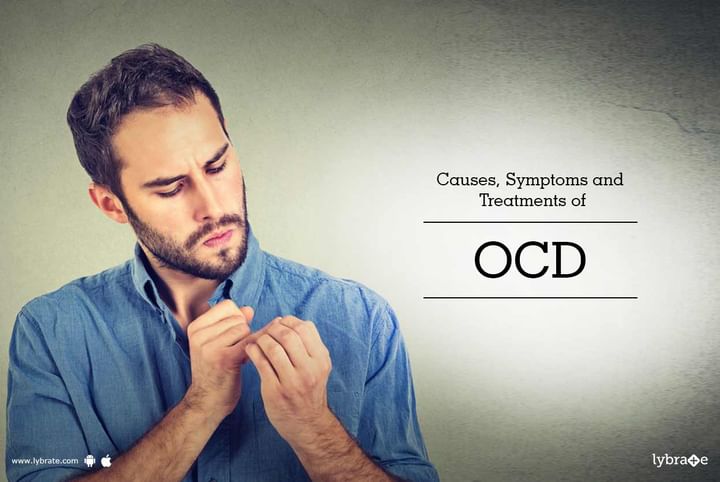Causes, Symptoms and Treatments of OCD
OCD or obsessive compulsive disorder is a mental condition, which traps people in a cycle of repetitive thoughts that push them to do repetitive behaviors. As the name states, the obsession over certain things compels them to do it over and over again. These actions will only help you feel relieved for a short time and soon the cycle starts back again.
Symptoms of OCD:
The symptoms of OCD are classified into two groups, one for the obsessive behavior and the other for compulsive behavior. Some of the common symptoms for these are mentioned below:
Obsessive behaviors:
As the name states this means obsessing over certain things, which varies from person to person. Some of the things could be:
- Being scared about making mistakes
- The fear of being embarrassed in public situations
- Constantly being scared about contamination by germs, microbes or dirt
- Doubts about sure and simple situations and the need to be constantly reassured about them
Compulsive behaviors
The obsessions usually results in compulsive behaviors, which you may need to perform to reassure and relieve yourself of the anxiety temporarily. Some of these may include:
- Trying to constantly arrange things in a certain way and still not being satisfied
- Thoughts, words and images being stuck in your head throughout the day that may keep you disturbed and cause to lose sleep
- You may even repeat specific words or actions multiple times as a measure of self reassurance.
- Hoarding of items, which have no value
Causes of OCD:
Biological factors: Certain chemical imbalances in the brain may lead to OCD, which may happen due to hormonal or biological changes. In fact certain infections are also known to trigger OCD in people.
Environmental factors: Certain types of mental trauma have been known to trigger OCD as well, such as
- Office, school, college or other work related stresses over a long period of time
- The passing away of a near and dear one
- Relationship problems
- Repressed abuses from earlier in life
Treatments:
Most treatments of OCD are categorized into two types:
- Cognitive behavioral therapy: This is a counseling based therapy where you may be slowly asked to face your fears and overcome them over a period of time.
- Medications: Antidepressants, inhibitors, or antipsychotic drugs or relaxants in various combinations may be used to treat OCD.
- Electroconvulsive therapy: Only in the rarest of cases would doctors consider electroconvulsive therapy, if the patient is a danger to themselves or others around them.



+1.svg)
